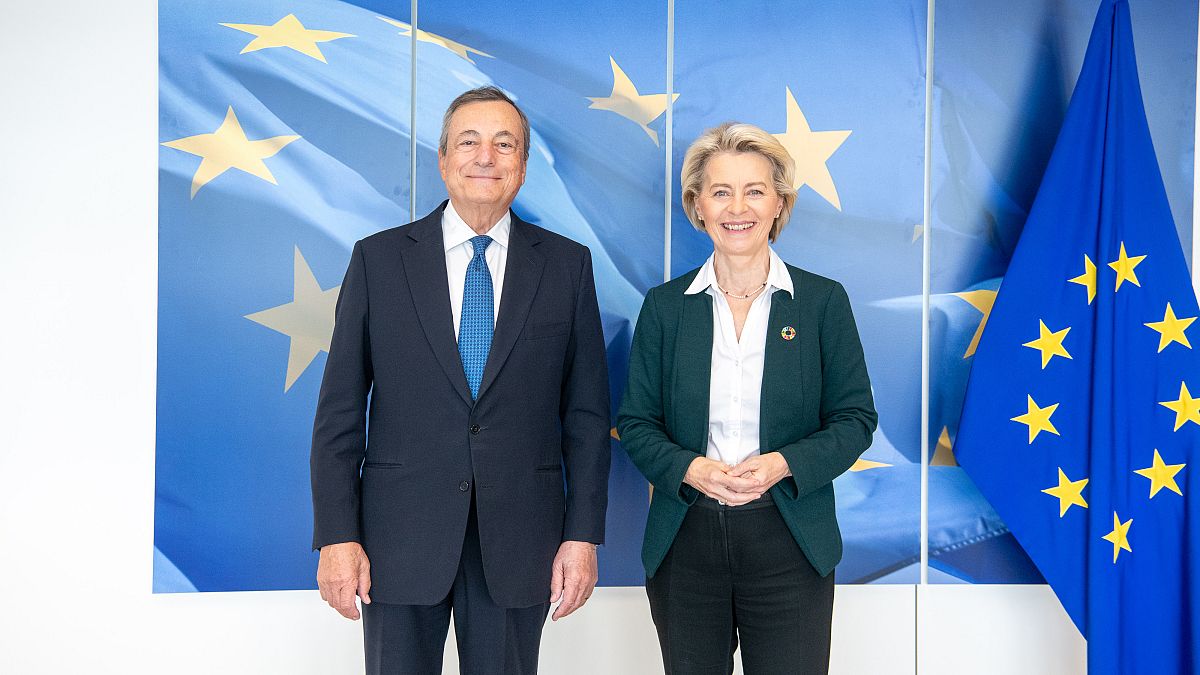Former European Central Bank President Mario Draghi’s highly anticipated report on EU competitiveness has come under fire for lacking diversity in its consultation process. Critics argue that the report, commissioned by Commission President Ursula von der Leyen, did not include voices from all parts of Europe. Draghi’s team received contributions from various stakeholders, including think tanks, big tech companies, and EU bodies. However, some are concerned that Central and Eastern European perspectives were overlooked, with geopolitical consultant Velina Tchakarova highlighting the absence of voices from that region in the report.
The European Commission has defended Draghi’s consultation process, stating that as an independent special advisor, he had the autonomy to choose his working methods. However, complaints have persisted, with civil society organizations and NGOs expressing dismay over the lack of representation in the 400-page report. Trade unions and civil society groups accounted for only 5% of the contributions to the report, according to Corporate Europe Observatory’s Olivier Hoedeman. The report’s perceived one-sidedness has raised concerns about its ability to address pressing issues such as the ecological crisis and social inequality in Europe.
Despite being listed as contributing stakeholders, some organizations, like the European Environmental Bureau (EEB), have claimed that they were not consulted during the process. EEB Secretary General Patrick ten Brink emphasized the importance of ensuring that von der Leyen’s Clean Industrial Deal does not lead to deregulation. The lack of consultation with certain groups has sparked criticism and calls for a more inclusive approach to addressing Europe’s economic challenges. Draghi’s office has not responded to requests for comment on the matter.
The controversy surrounding Draghi’s report underscores the importance of inclusive decision-making processes in shaping EU policies and strategies. The exclusion of certain voices from the consultation process raises questions about the credibility and effectiveness of the report’s recommendations. As Europe seeks to position itself competitively against global economic rivals like China and the US, it must consider a diverse range of perspectives to create inclusive and sustainable policies.
Moving forward, policymakers must prioritize engaging with a wide range of stakeholders, including civil society organizations, trade unions, and marginalized communities, to ensure that diverse perspectives are represented in decision-making processes. By including voices from all parts of Europe, policymakers can develop more comprehensive and effective strategies to address the region’s economic challenges. A more inclusive approach to policy development can help build trust and legitimacy among all stakeholders, ultimately leading to more equitable and sustainable outcomes for the EU.









